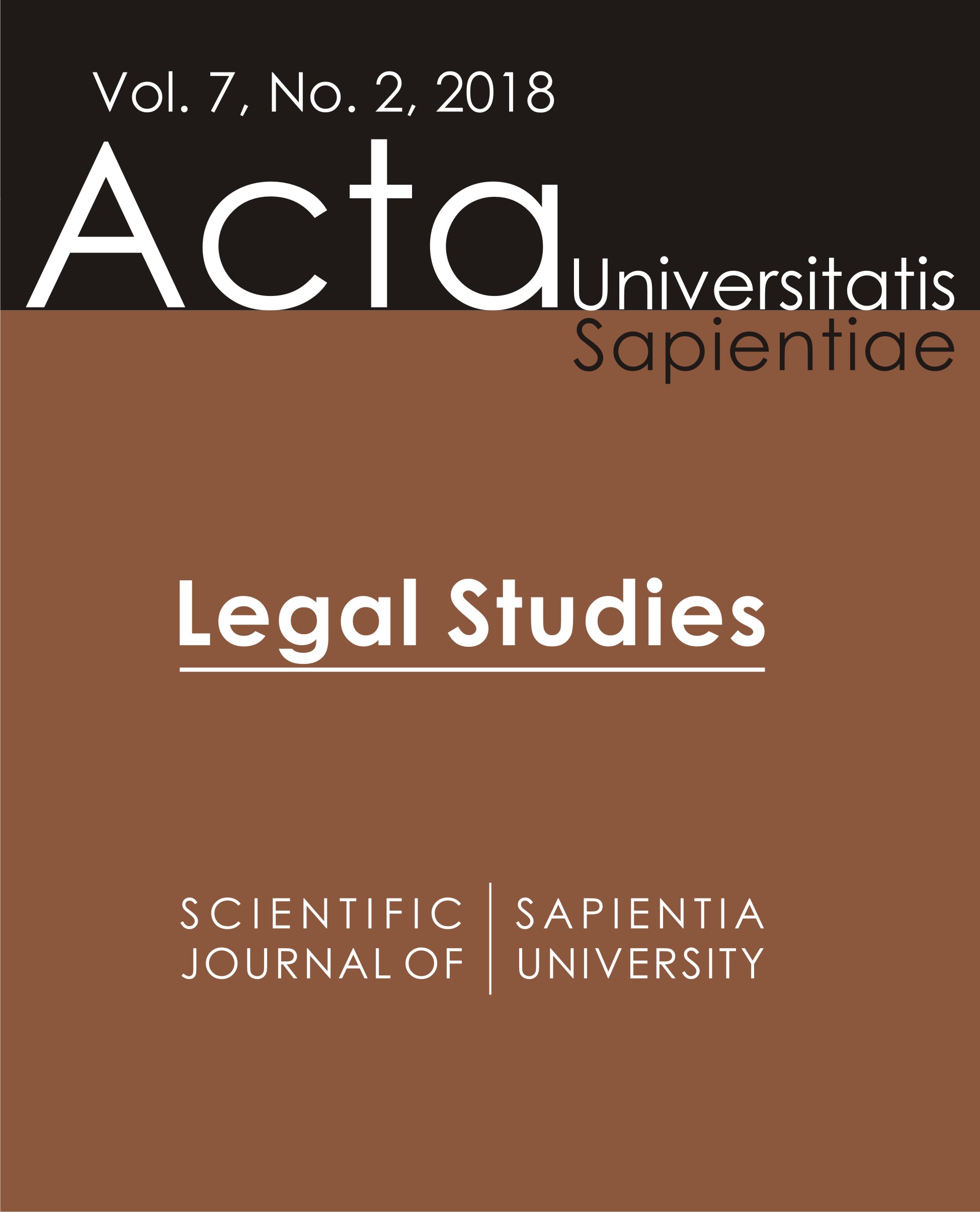Reparația în cadrul procesului penal în dreptul român și cel ungar
Reparations in the Framework of Criminal Procedure in Romanian and Hungarian Law
Author(s): András SzabóSubject(s): Law, Constitution, Jurisprudence, Criminal Law
Published by: Scientia Kiadó
Keywords: reparation criminal procedure; mediation criminal procedure; victim perpetrator mediation; reparation of damages caused by criminal activity; reparatory measures; crime mediation Romania;
Summary/Abstract: During the latter half of the 20th century European criminal procedure showed a tendency towards granting a greater role for the victim and perpetrator to reach an agreement regarding reparations of damages caused by criminal activity. The legal framework adapted for drawing up such an agreement was the procedure of mediation. Eastern European jurisdictions were relatively late in adopting this type of reparatory measure. The study examines the legal framework provided for by Hungarian and Romanian criminal and civil law for the implementation of mediation as a means to attain reparation. The author determines that in Romanian criminal law numerous crimes are only subjected to criminal procedure upon a complaint from the victim, and the victim may for a long period of time renounce seeking retribution against the perpetrator, until a sentence is passed. In Hungarian substantive criminal law similar but much narrower possibilities exist for the victim to influence the course and outcome of the criminal procedure. This state of affairs is established as a cause for the under-development of mediation in Romania as a means to obtaining reparations by the victim from the perpetrator. The author shows that a restriction of such possibilities is desirable. It is also demonstrated that since granting reparations to the victim is a precondition to the attenuation of applicable penalties, or for the resolution of their effects, and community service is an option for granting reparations to society at large for crimes committed, these institutions also compete with mediation as a means for achieving reparations. A negative effect results for both victim’s rights and the public interest which would benefit from fewer criminal trials, and a larger number of cases resolved through mediation and subsequent conventional reparation. The Hungarian regulation, which focuses more on this option is a sound model for achieving this outcome.
Journal: Acta Universitatis Sapientiae, Legal Studies
- Issue Year: 7/2018
- Issue No: 2
- Page Range: 303-319
- Page Count: 17
- Language: Romanian

